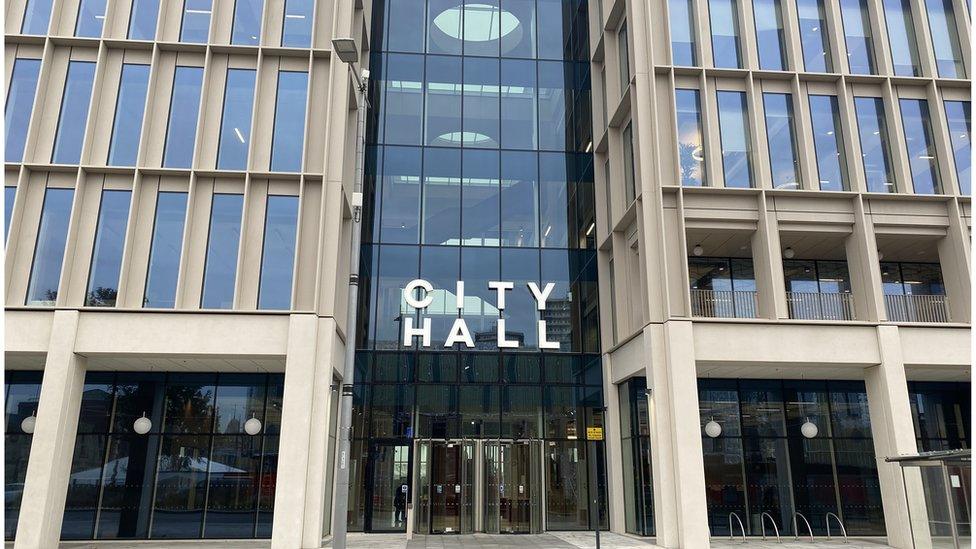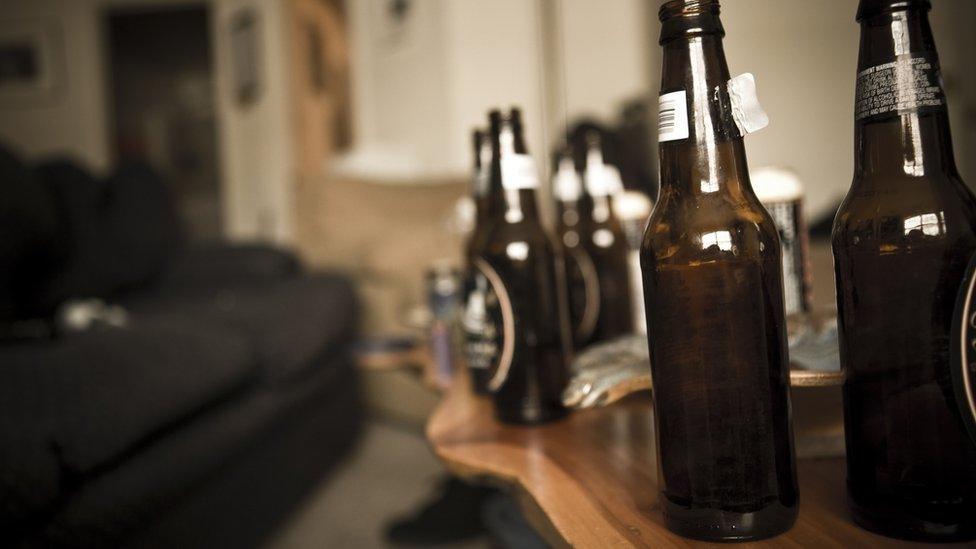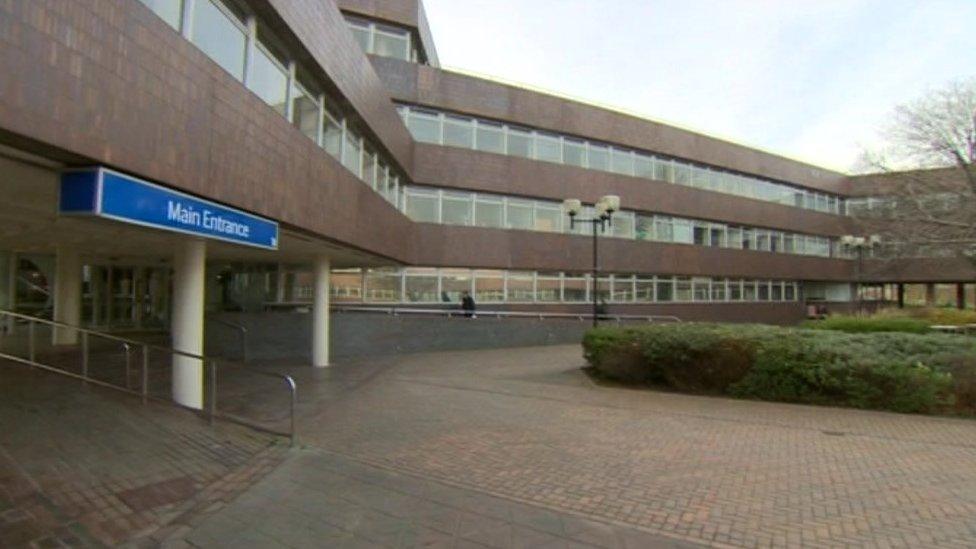Sunderland increases variety of council drug and alcohol services
- Published

Council calls for more services to help address expected demand for drug and alcohol help
Councillors have raised fears about rising numbers of people seeking help for alcohol and drug addictions on Wearside in the cost of living crisis.
Sunderland City Council's cabinet heard plans to change the contract of its drug and alcohol service to increase the number of people it can serve.
Council children's spokesperson Louise Farthing said families with money worries were "pushed over the edge".
She warned of a potential "tidal wave coming towards us" in the next months.
Ms Farthing said: "For lots of people [alcohol or drugs] is the only way that's near to them […] it's just a different way for them to calm down or get out of that really difficult space."
The Local Democracy Reporting Service reported she urged in the meeting the importance of adult social care support.
Her comments followed a presentation from councillor Fiona Miller, deputy cabinet member for Healthy City, which set out the changes to the city's integrated drug and alcohol services contract.

Councillors shared concerns the cost of living crisis could see a rise in demand for drug and alcohol services
The changes are linked to the government's "From Harm to Hope" initiative which include grants for councils to support the plan to address "treatment and recovery".
It aims to increase treatment places, prevent drug deaths, reduce alcohol deaths and increase access to residential rehabilitation.
The current integrated drug and alcohol recovery and harm minimisation service on Wearside provides outreach and community teams, carers' support and prescribing opiate replacements.
Ms Miller said one year of the grant would be used to increase the workforce and treatment.
Councillor Linda Williams said support for carers was also "vitally" important.

Follow BBC North East & Cumbria on Twitter, external, Facebook, external and Instagram, external. Send your story ideas to northeastandcumbria@bbc.co.uk, external.
Related topics
- Published25 November 2021

- Published13 September 2016

- Published30 January 2015
